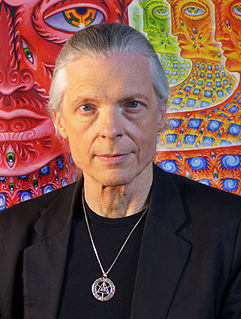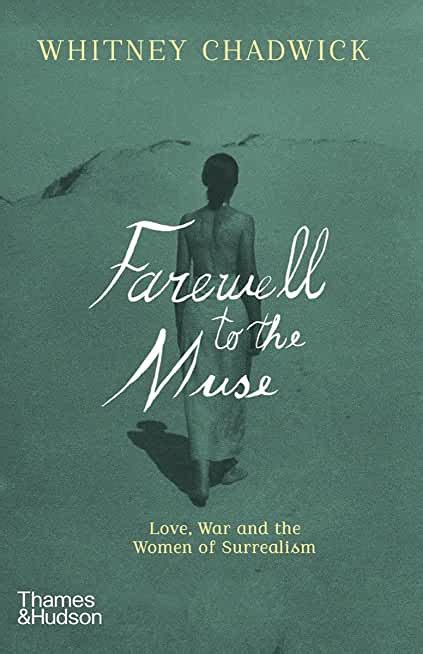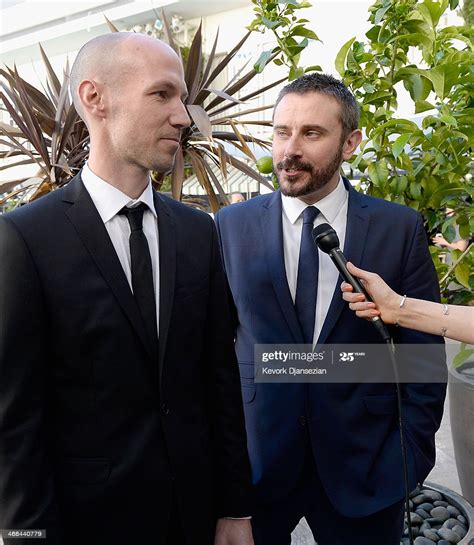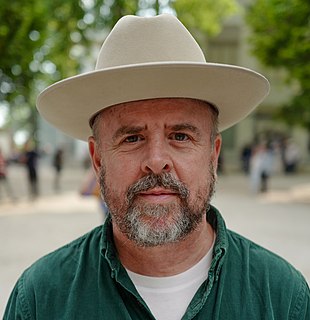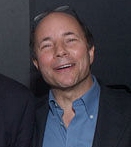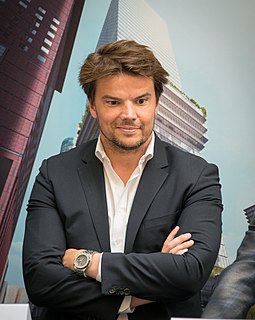A Quote by Robert Lepage
Making art in big cities is often frustrating and difficult. It's why artists are drawn to smaller places.
Related Quotes
The truth is few people “think” big and even fewer “play” big. Why? Because “big” often means big responsibilitie s, big hassles and big problems. They look at that “bigness” and shrink. They’re smaller than their problems. They back away from challenges. Ironically, they back themselves into the biggest problem of all ... being broke, or close to it.
It is tempting to call for better leadership, but we probably expect too much from the leaders of the nations. Those nations are too big, the connections not strong enough, the commitment to the future not long enough. It is better to look smaller, to our now-smaller organisations, to local communities and cities, to families and clusters of friends, to small networks of portfolio people with time to give to something bigger than themselves. We have to fashion our own directions in our own places.
I think it's our responsibility as artists to not only fight for our art but fight for the communities that are the reason we're able to continue making art, especially since, in Brooklyn's case, we as artists somehow made it 'cool' enough for the bigger money-making industries to start taking over.
Attempts to juggle domestic responsibilities with artistic production have often resulted in smaller bodies of work, and often works smaller in scale, than those produced by male contemporaries. Yet art history continues to privilege prodigious output and monumental scale or conception over the selective and the intimate.
It's often frustrating when you're a war reporter and you're covering these places that far away. You're frustrated by making stories that people can't connect to in any way. It's hard for Americans to connect to Arabic-speaking Iraqis in refugee camps or Pashto-speaking Afghans in the countryside, and having a character who is a vehicle through which you're allowed to make these relationships really allowed us to gain in an emotional weight that was difficult for us to do any other way to make it all human.
The way our big cities change sucks. The beauty of cities was that they were edgy, sometimes even a little dangerous. Artists, poets, and activists could come and unify and create different kinds of scenes. Not just fashion scenes, scenes that were politically active. Big cities are getting so high-end oriented, business corporate fashion, fashion not in an artistic sense but in a corporate sense. For me that edgy beauty of cities is lost, wherever you go.
Artists tend to be people of strong character and opinion. Often they are dismissed in our culture if they don't fit a certain mainstream media mold. It's a reason why filmmakers are now releasing films online. Art, in any form can invoke various emotions and actions. I think some can be frightened of the power that a simple image can invoke and that's why they tend to shy away from it. But art documents moments in our history and that image is often what many people remember of a certain time.


